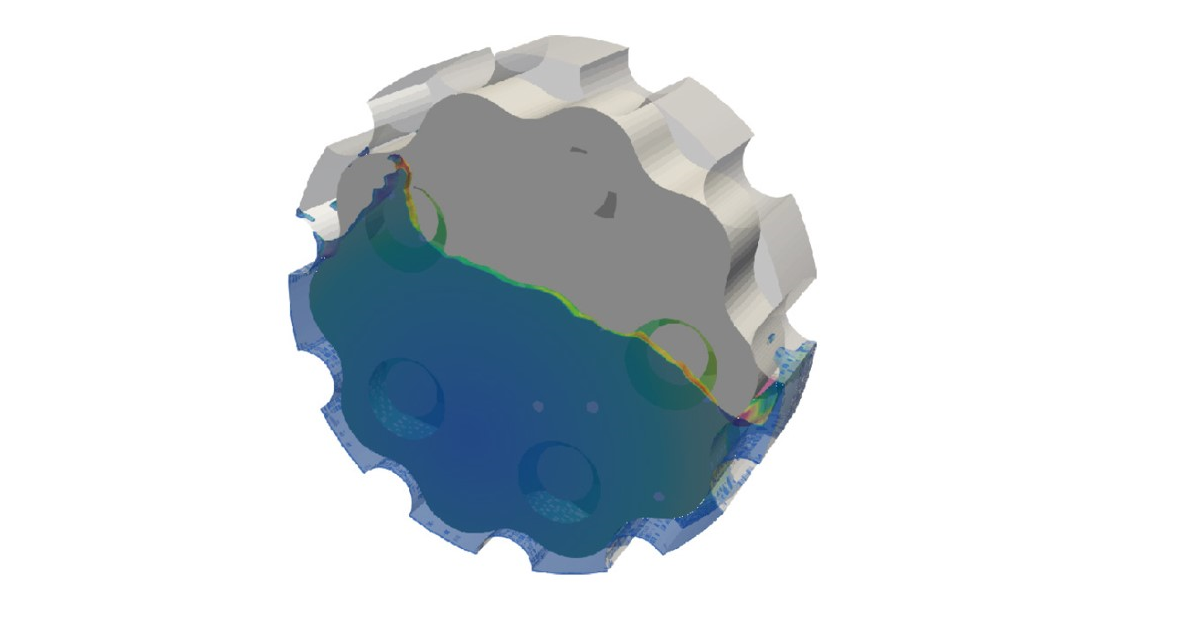Tribology of Cycloidal Reducers: Enhancing Efficiency, Durability and Reliability through Experimental and Numerical Methods
A special issue of Lubricants (ISSN 2075-4442).
Deadline for manuscript submissions: 30 September 2026 | Viewed by 4359

Special Issue Editors
Interests: machine elements; power trains; cycloidal speed reducers; tribology
Special Issue Information
Dear Colleagues,
This Special Issue aims to highlight the cutting-edge research and developments in the field of cycloidal reducers, a critical component widely utilized in robotics and increasingly in power transmission systems. Recognized for their high transmission ratios, high power density, minimal backlash, and robust overload resistance, cycloidal reducers have become the cornerstone for several industrial applications such as aerospace, precision machinery, and automated manufacturing, among others.
However, the longevity and reliability of cycloidal reducers are often compromised by wear and overheating, which remain the primary causes of system failure. Addressing these challenges, this Special Issue focuses on the tribological aspects of cycloidal reducers, seeking to foster advancements that will lead to more compact, efficient, durable, and reliable designs.
We invite original research articles that introduce innovative methods for studying lubrication, efficiency, friction, and wear in cycloidal drives. Contributions that utilize numerical approaches, including multibody simulations, the Finite Element Method (FEM), and Computational Fluid Dynamics (CFD), are especially welcome. These studies should aim to meet the pressing industrial needs and scientific research questions in the design and optimization of cycloidal reducer lubrication.
Moreover, this issue seeks to gather experimental findings on wear patterns, failure modes, and their identification, as well as load-dependent and independent power loss estimation. Investigations into lubricant behavior, along with novel solutions for enhancing lubrication and cooling in cycloidal devices, are of particular interest. We also encourage submissions on tribological tests conducted on materials for cycloidal reducers, aiming to push the boundaries of current knowledge and application possibilities.
By bringing together a diverse array of studies, this Special Issue aims to propel the field of cycloidal reducers into new realms of innovation and application, ensuring their continued relevance and evolution in the face of modern industrial demands.
Prof. Dr. Mirko Blagojević
Dr. Lorenzo Maccioni
Guest Editors
Manuscript Submission Information
Manuscripts should be submitted online at www.mdpi.com by registering and logging in to this website. Once you are registered, click here to go to the submission form. Manuscripts can be submitted until the deadline. All submissions that pass pre-check are peer-reviewed. Accepted papers will be published continuously in the journal (as soon as accepted) and will be listed together on the special issue website. Research articles, review articles as well as short communications are invited. For planned papers, a title and short abstract (about 100 words) can be sent to the Editorial Office for announcement on this website.
Submitted manuscripts should not have been published previously, nor be under consideration for publication elsewhere (except conference proceedings papers). All manuscripts are thoroughly refereed through a single-blind peer-review process. A guide for authors and other relevant information for submission of manuscripts is available on the Instructions for Authors page. Lubricants is an international peer-reviewed open access monthly journal published by MDPI.
Please visit the Instructions for Authors page before submitting a manuscript. The Article Processing Charge (APC) for publication in this open access journal is 2600 CHF (Swiss Francs). Submitted papers should be well formatted and use good English. Authors may use MDPI's English editing service prior to publication or during author revisions.
Keywords
- cycloidal speed reducers
- efficiency
- wear
- durability
- reliability
- thermal stability
- numerical analysis
- FEM
- CFD
- experimental investigation
Benefits of Publishing in a Special Issue
- Ease of navigation: Grouping papers by topic helps scholars navigate broad scope journals more efficiently.
- Greater discoverability: Special Issues support the reach and impact of scientific research. Articles in Special Issues are more discoverable and cited more frequently.
- Expansion of research network: Special Issues facilitate connections among authors, fostering scientific collaborations.
- External promotion: Articles in Special Issues are often promoted through the journal's social media, increasing their visibility.
- Reprint: MDPI Books provides the opportunity to republish successful Special Issues in book format, both online and in print.
Further information on MDPI's Special Issue policies can be found here.






